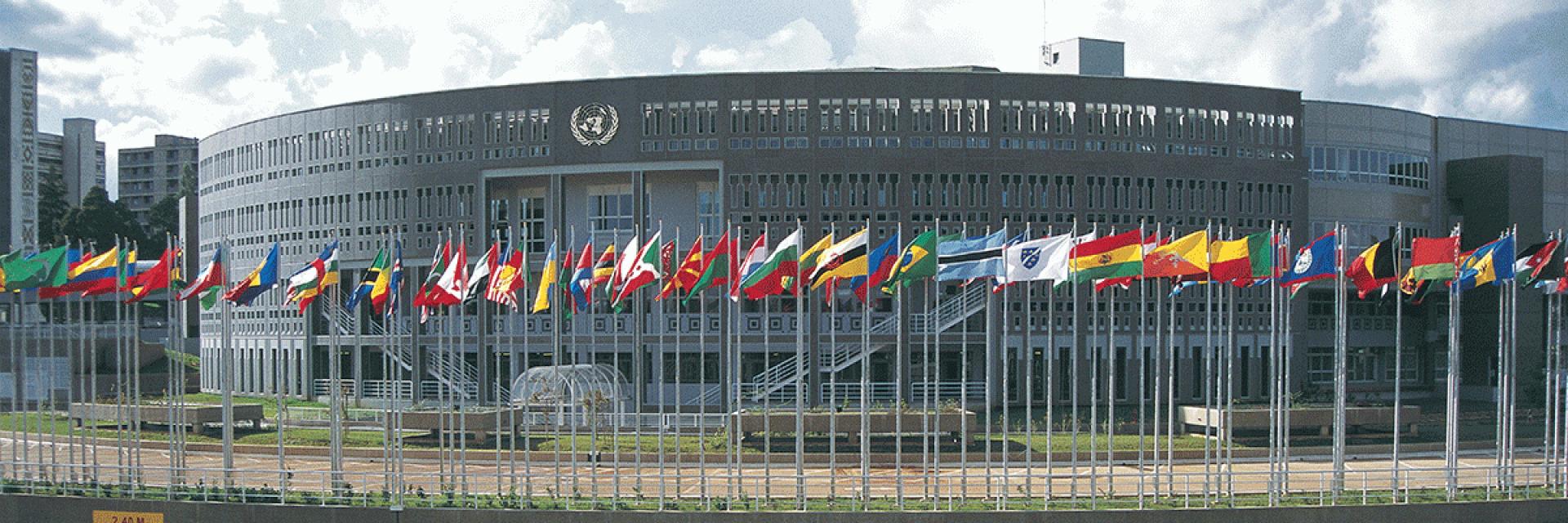I. Background
The United Nations Economic Commission for Africa (ECA) through its Gender, Poverty and Social Policy Division (GPSDP) and specifically Gender Equality and Women’s Empowerment Section (GEWES) promotes female entrepreneurship in Africa in line with the Continent-Wide Initiative for Gender Equality and Women’s Empowerment where women’s economic empowerment constitutes one of three pillars. During its statutory meeting, the Committee on Gender and Social Development, in October 2017, GEWES was asked to (i) explore further the reasons behind women’s overrepresentation in necessity-driven entrepreneurship and identify policies that can help member States design policies and programmes to support women transition into opportunity-driven entrepreneurship.
Guided by this request, GEWES prepared the Women’s Entrepreneurship Report (WER) on the theme “Education and Finance for Productive Entrepreneurship” based on the premise that educational attainment and access to finance are two critical and self-reinforcing determinants of productive entrepreneurship. Educational attainment of entrepreneurs plays an instrumental role in accessing finance which is often reported as the most binding constraint for firms’ growth and survival. However, injecting capital alone is unlikely to transform firms’ productive capacity; to move firms along the value chain and to transition them into more lucrative sectors, unless entrepreneurs have sufficient educational attainment and relevant skills that help them identify opportunities, take educated risks and innovate.
Against this background, WER explored three questions in Africa based on latest available data and distilled actionable policy recommendations:
- Does education influence prevalence and motivation behind female entrepreneurship?
- Does education affect women’s access to finance?
- Does finance help women access opportunities and improve their productivity?
These are relevant policy questions in the context of Agenda 2030 and Agenda 2063 and that are strongly interlinked in understanding productive entrepreneurship. While they are not new, academic research and policy discussion are mostly related to developed countries. As such, the main contribution of this Report is to provide evidence from Africa using data in 2013-2018 period covering over 45 countries and analyzing surveys of over 5,000 African entrepreneurs, 44,000 adults and over 18,000 firms. The Report uses econometric and statistical techniques including the dissimilarity index, shapely decomposition and probit model to analyze large data sets and estimate point elasticities.
The overall objective of the WER is to support evidence-based policy making by African governments with special emphasis on country-specific constraints against and opportunities for (i) increasing the productivity of female entrepreneurs and (ii) supporting women currently out of labor force enter productive employment.
More specifically, the WER aims to:
- Broaden the knowledge base through a compilation of data and analyses relevant for productive female entrepreneurship, higher female educational attainment and improved access to financial good and services by female-owned micro-enterprises.
- Distil policy messages and recommendations on strategies to boost female entrepreneurship and economically empower women with linkages to the aggregate economy to justify substantial investments.
- Influence policies and programs based on the results and recommendations which shall offer linkagesbetween policy interventions and development outcomes of interest, namely (i) quality of female entrepreneurship and educational attainment and (ii) educational attainment and access to and use of capital.
II. Expert Group Meeting (EGM)
The meeting will take place on 24-25 June 2019 in Addis Ababa, to review and validate the draft WER Report.
A. Objectives
- Discuss in-detail the various components of the Report and assess its quality
- Review the findings of country-specific research and identify issues that require more clarification, if any
- Review the policy messages and recommendations against the policy issues identified and analyzed and provide suggestions to make them sound, if necessary
- Identify any improvements needed and provide suggestions on how to address any issues in the final version of the report
- Discuss how the findings of the report can be utilized in practice.
B. Approach
The meeting will be interactive. Plenary sessions will be combined with group work to allow for in-depth discussions and substantive suggestions from the participants.
C. Expected outputs
- Comprehensive review of the Women’s Entrepreneurship Report
- Concrete comments and suggestions on how to improve the Report
- Review and validation of the Report.
D. Participants
The meeting is bringing together national and regional experts, representatives from the countries analyzed in this study, representatives from partner institutions including United Nations agencies, African Union Commission and Regional Economic Commissions and representatives from ECA.
E. Working languages
The working language of the meeting is English and French.

